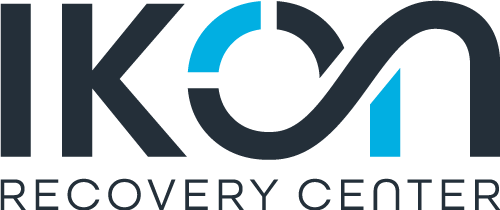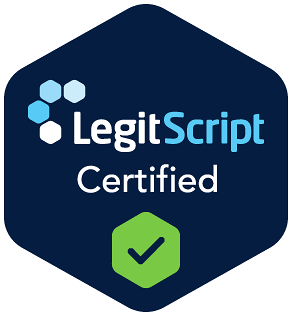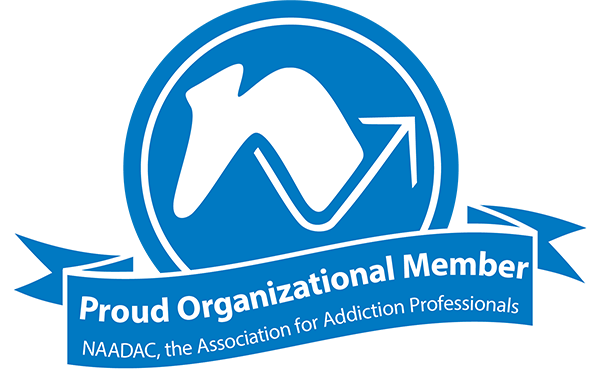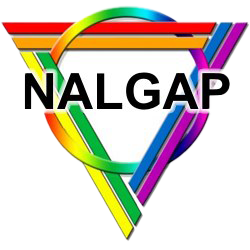Making changes can be hard—but building a strong foundation can significantly ease the journey toward positive transformation. Recovery capital encompasses the amalgamation of personal, social, and community resources that individuals can leverage in their quest for recovery from addiction and other co-occurring issues.
Combining your own aptitudes with the power of targeted, personalized, and integrated supports that touch upon every life domain, the idea of recovery capital can help you to reimagine what long-term recovery looks like. Ikon’s recovery capital principles are at the core of our treatment philosophy, working to meet every client’s unique needs across the spectrum of care.
